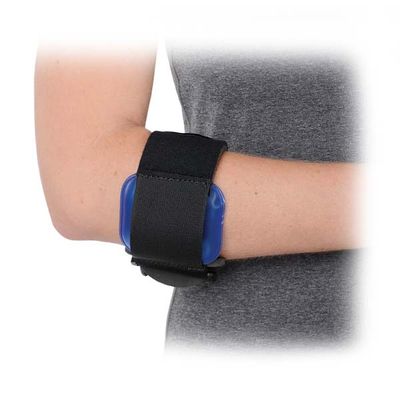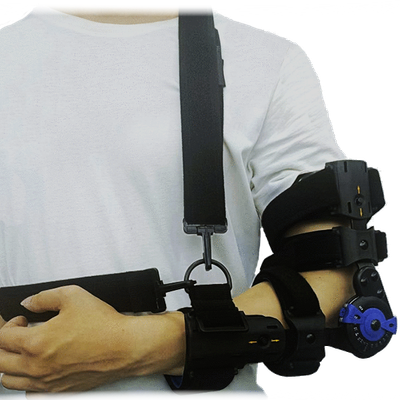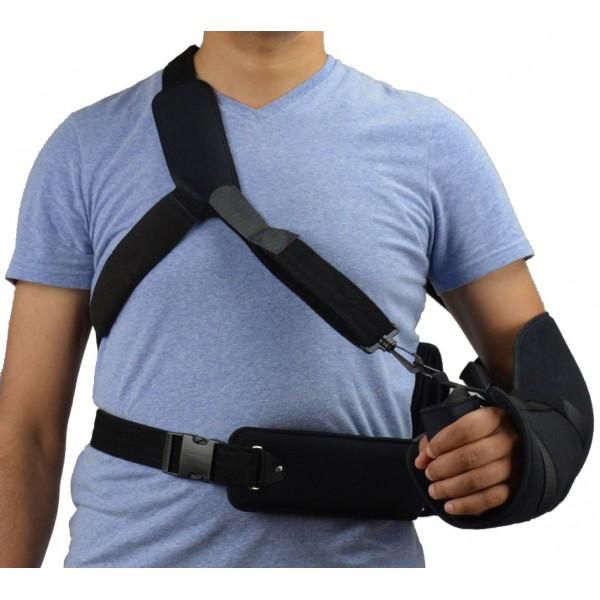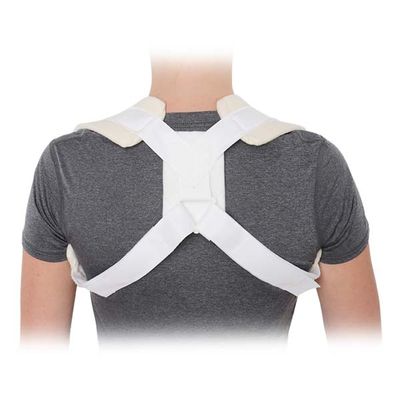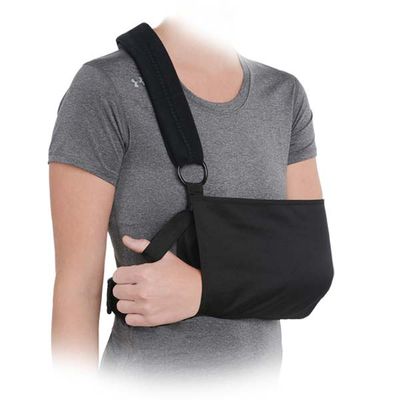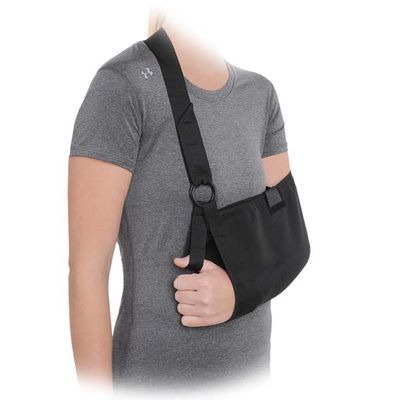Orthopedic (ortho) braces are medical devices designed to support, align, stabilize, or protect muscles, joints, and bones, typically after injury or surgery. These braces can help with recovery by limiting movement, providing compression, and offering structural support to reduce stress on the affected area. They come in various types, each tailored to specific injuries or conditions. Here are some key categories of orthopedic braces:
1. Knee Braces
– Function: Provide support to the knee joint, often used for conditions like arthritis, ACL tears, meniscus injuries, or after surgery.
– Types:
– Hinged braces: Offer more rigid support and restrict side-to-side movement.
– Compression sleeves: Provide mild support, improving blood flow and reducing swelling.
2. Back Braces
– Function: Stabilize and support the lumbar or thoracic spine, commonly used for conditions like scoliosis, herniated discs, or after spinal surgery.
– Types:
– Rigid braces: Limit spinal movement and offer significant support.
– Flexible braces: Allow some movement while providing mild support and pain relief.
3. Ankle Braces
– Function: Stabilize the ankle joint after sprains or ligament injuries.
– Types:
– Lace-up braces: Provide adjustable compression and stability.
– Rigid braces: Offer maximum support to prevent any movement.
4. Wrist and Hand Braces
– Function: Immobilize or support the wrist and hand, commonly used for carpal tunnel syndrome, wrist fractures, or tendonitis.
– Types:
– Splints: Rigid or semi-rigid braces that limit movement.
– Compression braces: Provide support without fully restricting movement.
5. Elbow Braces
– Function: Support the elbow joint, often used for conditions like tennis elbow or golfer’s elbow.
– Types:
– Strap braces: Target compression to relieve tendon strain.
– Hinged braces: Offer greater support and restrict specific movements.
Materials
Orthopedic braces are typically made from a combination of materials, including:
– Neoprene: For elasticity and compression.
– Nylon or Polyester: For durability and flexibility.
– Plastic or Metal: For rigid components that provide structural support.
– Foam Padding: For comfort and cushioning against the skin.
Usage
Orthopedic braces are used in a wide range of cases:
– Post-surgical recovery: To stabilize the area while healing.
– Injury prevention: For athletes to protect vulnerable joints during high-risk activities.
– Chronic conditions: Such as osteoarthritis or rheumatoid arthritis, where joints require ongoing support.
Custom vs. Off-the-Shelf Braces
– Custom braces: Made to fit an individual’s specific anatomy, offering the highest level of support and comfort.
– Off-the-shelf braces: Available in standard sizes and are generally more affordable and convenient but may not provide the perfect fit or maximum support.
These devices help manage pain, facilitate healing, and allow patients to remain active while recovering from injuries.
Rest Easy Shoulder System_ Universal Size
SUGGESTED HCPC: L3960
ORDER NUMBER: 5200
SIZE: Universal (see sizing chart to the left)
PRODUCT HIGHLIGHTS:
• Designed to maximize comfort and function
• Adjustable light weight durable frame fits all sizes and shapes
• Effortlessly applied and available for the right or left arm
• Provides comfortable abduction positioning while allowing for fine adjustments of internal and external rotation
• The Multi-functionality reduces inventory by replacing several single function braces
• Ranges from 20 degrees internal rotation to 45 degrees external rotation and neutral to 75 degrees of abduction
INDICATIONS:
Shoulder stabilization, post-op shoulder surgery, traumatic injuries of the shoulder, shoulder tendinitis, rotator cuff repair, Dislocated shoulder, Glenohumeral instability, Bankart lesion repair, shoulder replacement.
SUGGESTED HCPC: L3960
